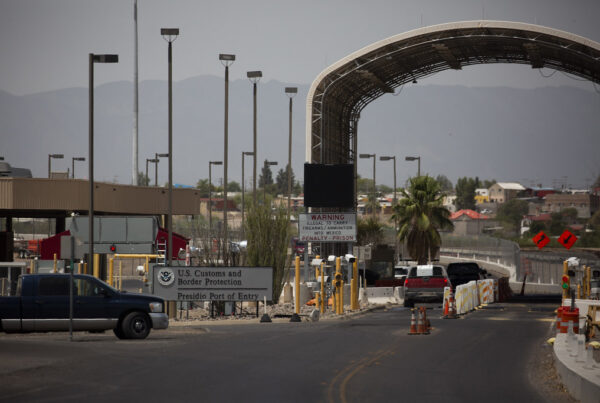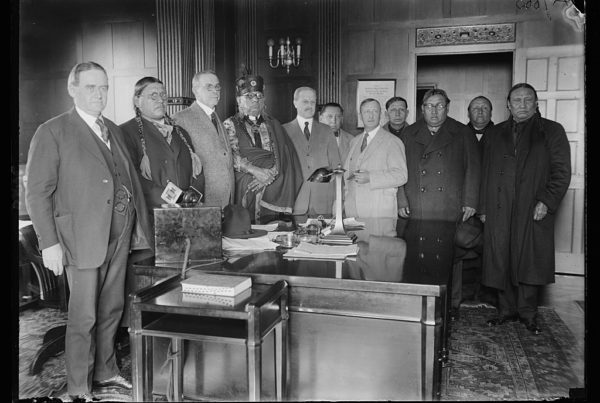From the Austin Monitor:
The city has agreed to its first major economic incentive package in six years, with just over $1 million for a variety of uses headed toward tech manufacturer NXP Semiconductors N.V.
That package will allow NXP, which has two major facilities in Austin, to qualify for additional federal incentives as the company plans to spend more than $290 million to make upgrades at its plants on Ed Bluestein Boulevard just east of U.S. Highway 183 and in Oak Hill just west of Escarpment Boulevard.
City Council unanimously approved the Chapter 380 agreement on Thursday after a public hearing that saw longtime NXP employees praising the company’s practices while community groups asked Council to delay the vote to allow more time to discuss and fine-tune NXP’s requirements as part of the package.
NXP currently employs 2,768 people locally, and under the agreement it would hire and retain 53 full-time employees through 2026.
Under the agreement, the city will make a $631,000 base payment and pay NXP $157,000 for child care services, another $158,000 to encourage economically disadvantaged hiring and $79,000 to encourage sustainable business practices. Minus those payments, the Economic Development Department estimated the city would see a net benefit of $1.53 million in additional property taxes if NXP follows through on its planned investments.
The child care component was a significant concern for Council members in recent weeks, with those on either side of the issue agreeing to redirect city money initially intended for workforce development toward child care instead.
The city will use about half of that money to provide child care through contracts between providers and the city’s health department, while NXP will use its share to provide child care for employees through Workforce Solutions.
Council members on Thursday praised the work of city staff and NXP representatives to refine the agreement.
“Since last week, my staff, NXP and our economic development team have been able to further refine the child care component to ensure that this expansion not only benefits our city and the employees of NXP, but also the neighborhoods that directly and immediately surround their facilities,” said Council Member Natasha Harper-Madison, whose district includes one of NXP’s facilities.
“I think it says something, how many people walked up here and said their lives were changed by employment with this organization, and how long they’ve been working with this organization,” she said.
The long gap between incentive agreements for the city was caused by a number of factors, including the effects of the Covid-19 pandemic as well as a change in philosophy by some recent Council members in favor of assistance for smaller businesses and middle-income job growth.
The last incentives were given to pharmaceutical giant Merck Corporation in 2017, with the company expected to grow its local workforce to about 600 people after receiving a mix of city and state assistance. Merck withdrew from that agreement in 2019 without ever receiving any city or state money.
Many of those who asked Council to delay the vote on the incentives did so as part of a campaign by Central Texas Interfaith. In a prepared statement, CTI representatives said NXP needed to demonstrate its plans to be a strong community partner once it received local and federal money. NXP is also seeking funding through the federal CHIPS Act, which is designed to support semiconductor manufacturing, design, and research.
“NXP is asking for $15,565,332 in taxpayer dollars for creating just 53 new jobs, at a cost to taxpayers of $293,685 per job created. While we generally don’t like taxpayer subsidies to private corporations, we are not opposed to these programs if they are shown to us to meet high community standards and involve robust community engagement. This has not yet happened at the City of Austin with the NXP proposal, jeopardizing public trust and future deliberations on similar Chapter 380 and Chips Act proposals,” the statement read.
The Austin Monitor’s work is made possible by donations from the community. Though our reporting covers donors from time to time, we are careful to keep business and editorial efforts separate while maintaining transparency. A complete list of donors is available here, and our code of ethics is explained here.














